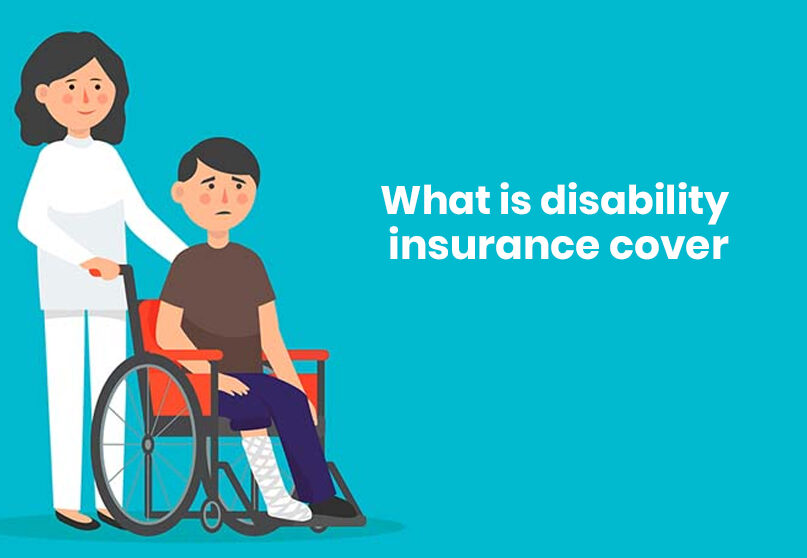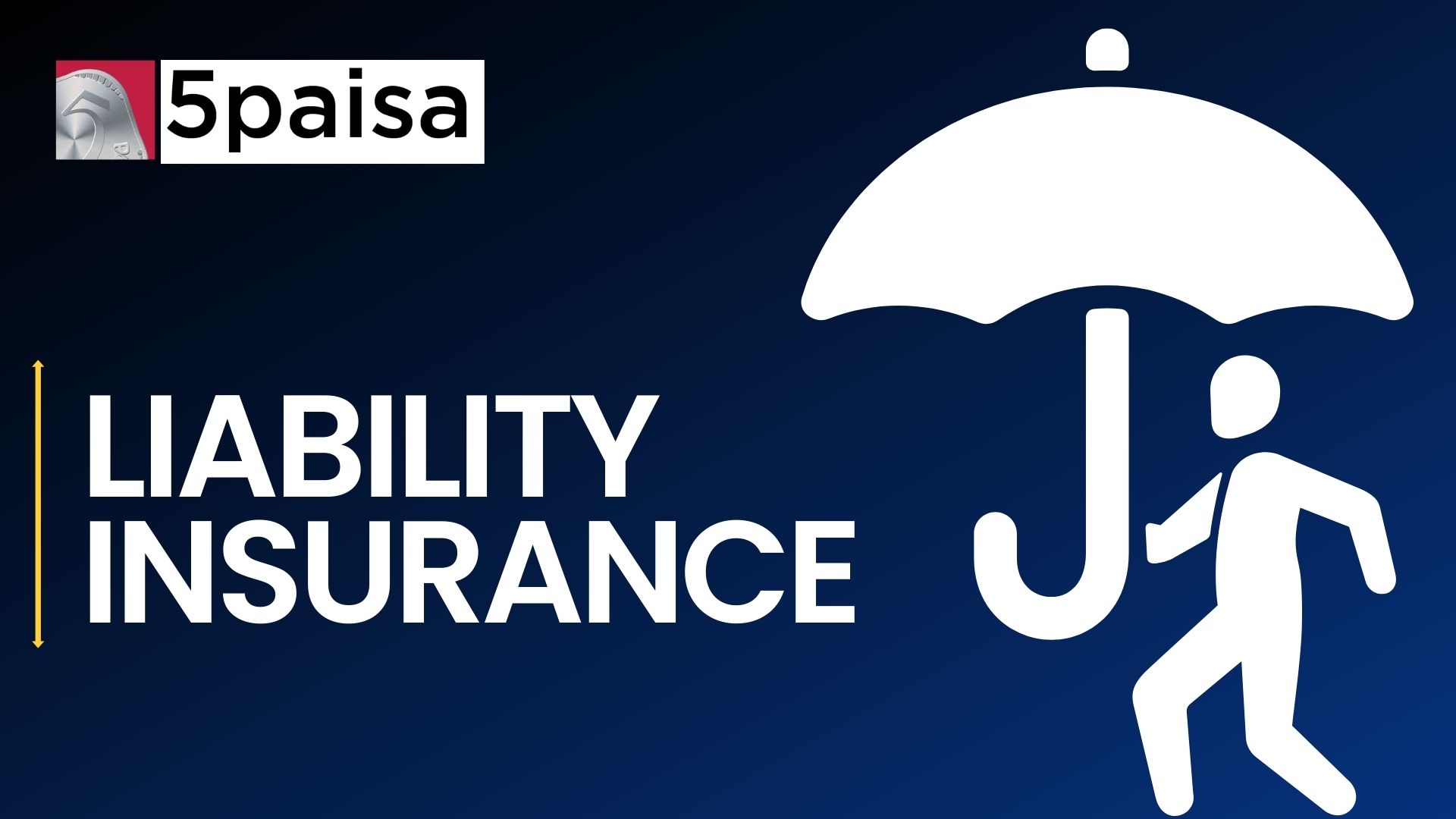Property Insurance
Property insurance is a type of insurance coverage that provides financial protection against damages or losses to physical property, including buildings, structures, and personal belongings. It helps property owners recover from unexpected events such as fires, natural disasters, theft, vandalism, and other perils that could result in property damage or destruction.
Visit for more photos 👉👉 Padmapriya Janakiraman
Visit for more photos 👉👉 Vidya Balan Photos
Here are key components and concepts related to property insurance:
- Coverage Types:
- Dwelling Coverage: This component of property insurance protects the physical structure of the property, including the building itself and any attached structures, such as garages or sheds. Dwelling coverage typically covers damage caused by perils such as fire, lightning, windstorms, hail, explosions, and vandalism.
- Personal Property Coverage: Property insurance provides coverage for personal belongings inside the property, including furniture, clothing, electronics, appliances, and other valuables. Personal property coverage reimburses the property owner for the cost of repairing or replacing items damaged or stolen due to covered perils.
 Visit for more photos 👉👉 Priya Prakash Varrier
Visit for more photos 👉👉 Priya Prakash Varrier
Visit for more photos 👉👉 Madonna Sebastian
- Other Structures Coverage: This component of property insurance covers structures on the property that are separate from the main dwelling, such as fences, detached garages, gazebos, and storage sheds.
- Loss of Use Coverage: Also known as additional living expenses (ALE), loss of use coverage reimburses the property owner for expenses incurred if the property becomes uninhabitable due to a covered event. It covers costs such as temporary lodging, meals, and transportation while the property is being repaired or rebuilt.
- Liability Protection: Property insurance includes liability coverage, which protects the property owner if someone is injured on their property or if the property owner accidentally damages someone else’s property. Liability coverage helps pay for legal fees, medical expenses, and damages awarded in lawsuits arising from covered incidents.
- Coverage Limits and Deductibles: Property insurance policies have coverage limits, which represent the maximum amount the insurance company will pay for covered losses. Policyholders can choose deductible amounts, which are the out-of-pocket expenses the property owner must pay before the insurance company begins to cover the remaining costs of a claim.

Visit for more photos 👉👉 Dimple Hayathi
Visit for more photos 👉👉 Pooja Hegde
- Exclusions: While property insurance provides broad coverage, certain perils may be excluded from standard policies. Common exclusions include damage caused by floods, earthquakes, war, nuclear hazards, neglect, and intentional acts. Property owners may need to purchase separate insurance policies or endorsements to cover these excluded perils.
- Underwriting: Property insurance companies evaluate the risk associated with insuring a property by considering factors such as the property’s location, age, construction type, condition, and the property owner’s claims history, coverage needs, and financial stability.

Visit for more photos 👉👉 Top 10 Highest-Paid Bollywood Actresses 2024
Visit for more photos 👉👉 Sonam Kapoor
Property insurance is essential for protecting property owners from financial losses and liabilities associated with owning real estate and personal belongings. It provides peace of mind by helping property owners recover from unexpected events and ensuring their investments are safeguarded against potential risks and damages. It’s crucial for property owners to review their coverage options, understand policy details, and ensure they have adequate protection tailored to their needs and circumstances.





















Leave a Reply